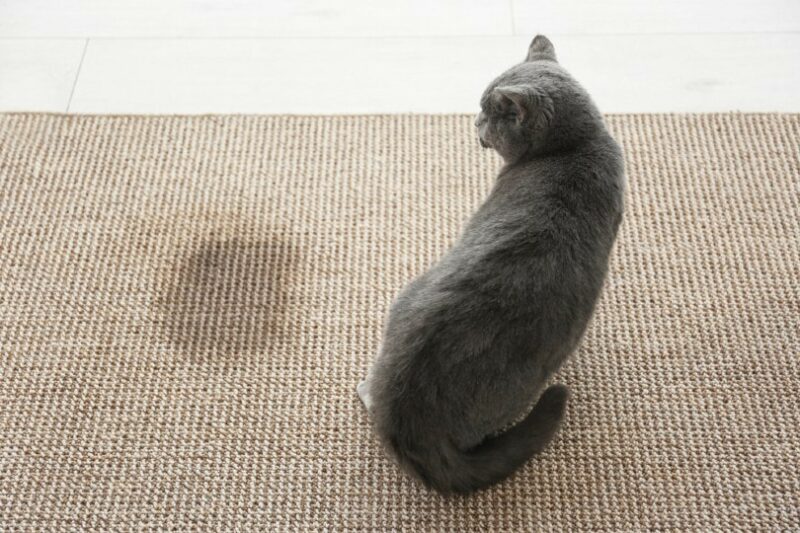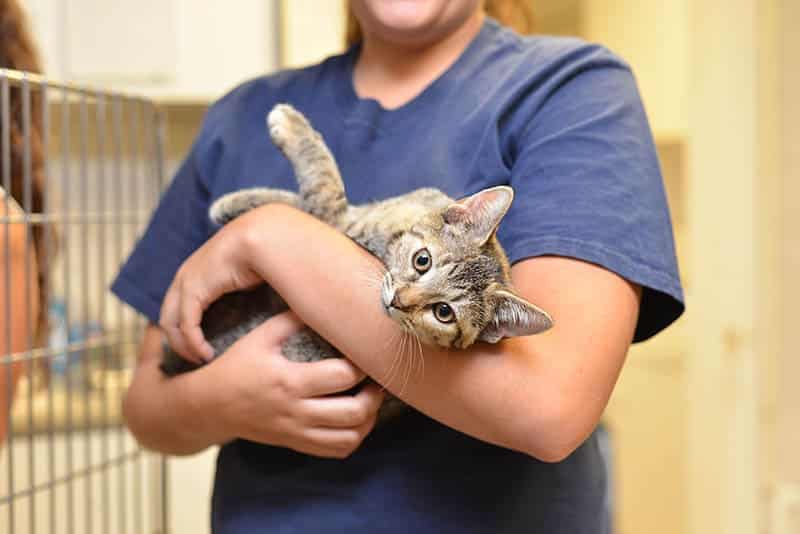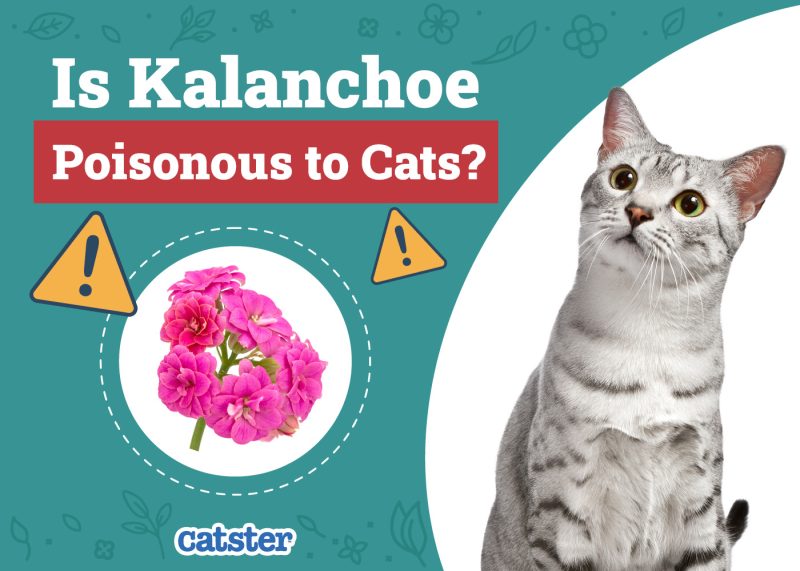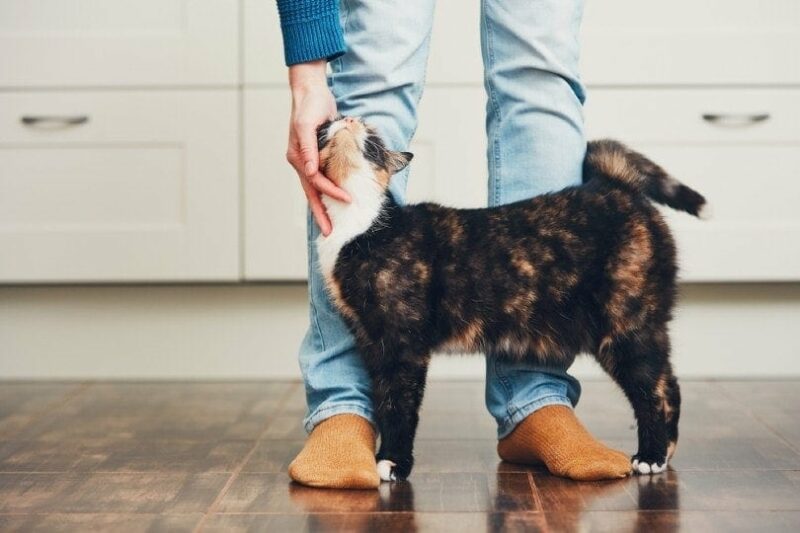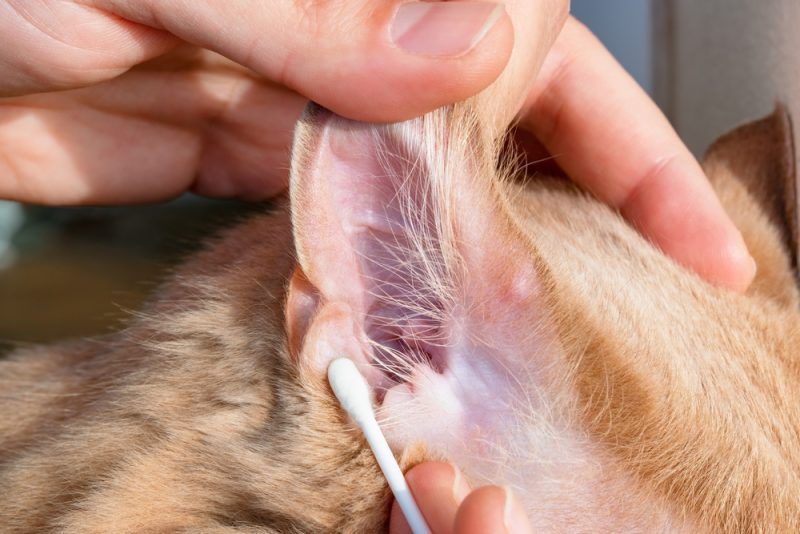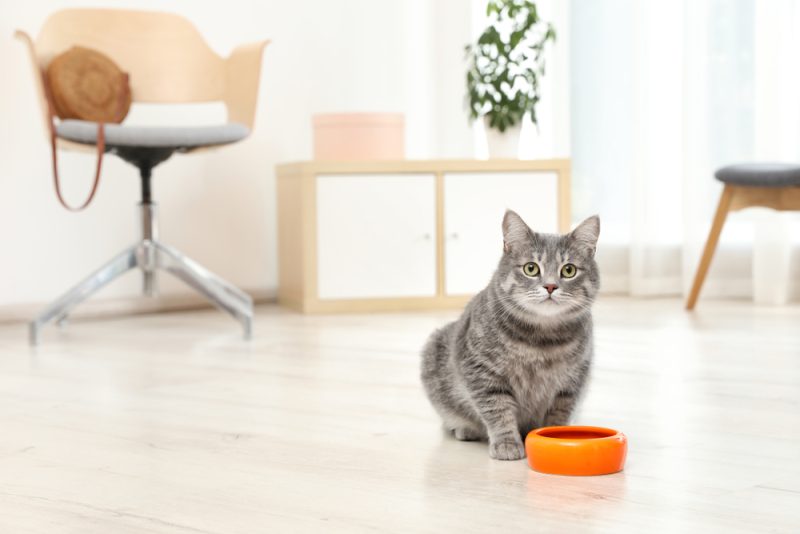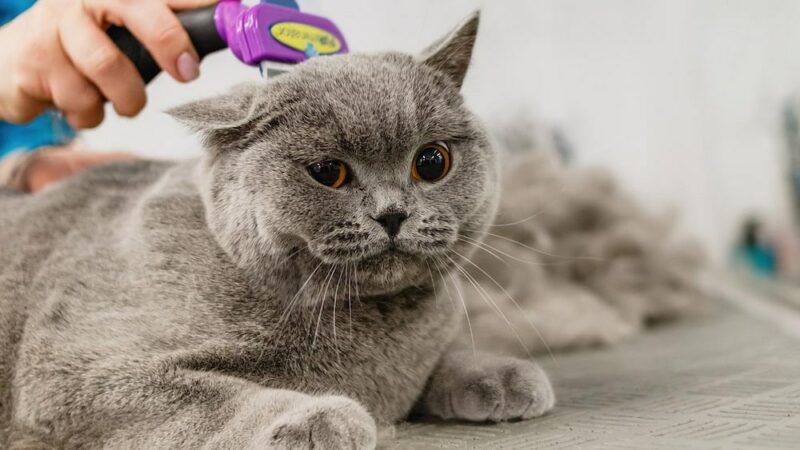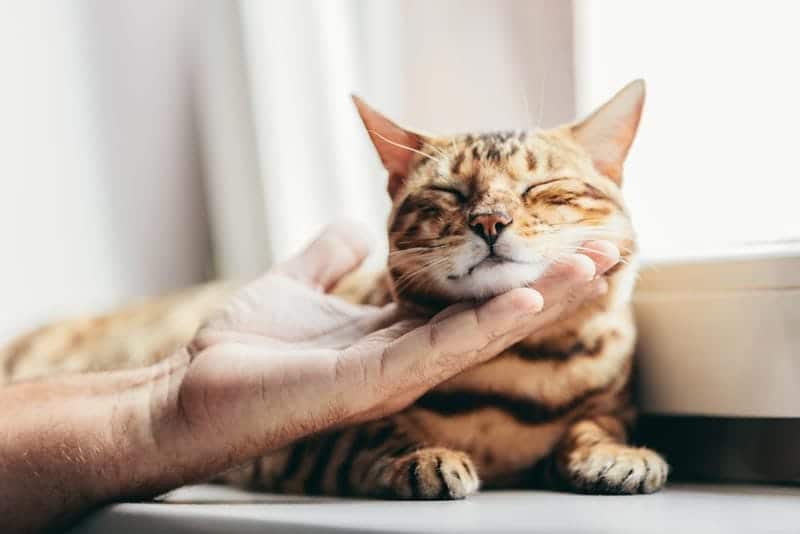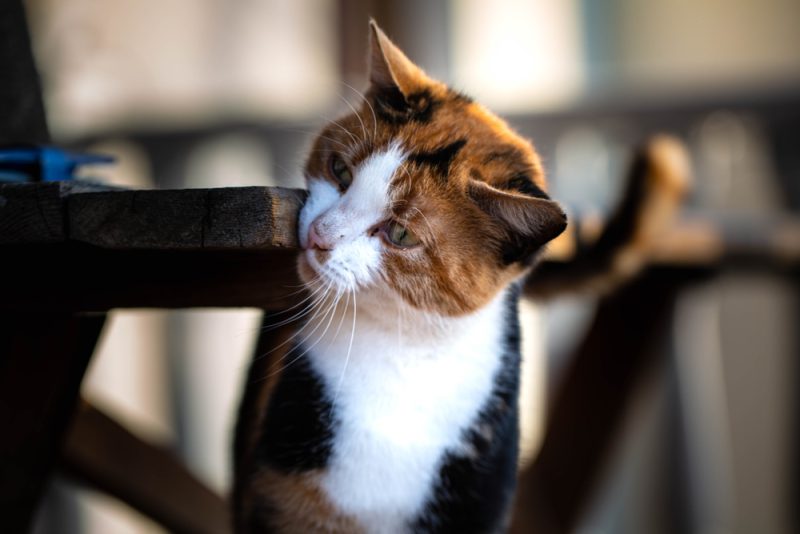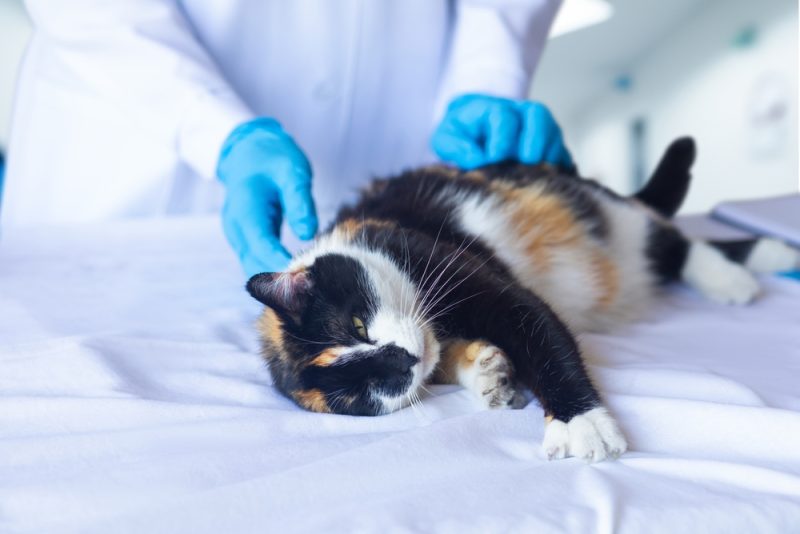Urinary tract diseases are fairly common in cats, so it’s important for cat owners to be well-informed about this area of cat health. Cats can contract several different kinds of urinary tract diseases. Veterinarians will conduct tests to diagnose the specific type of urinary tract disease. When they don’t find a clearly identifiable cause, they diagnose cats with Feline Idiopathic Cystitis (FIC).
FIC is known to be extremely painful for cats, so it is important to act right away and have them receive treatment for FIC or any other urinary tract disease.

What Is Feline Idiopathic Cystitis?
Feline Idiopathic Cystitis is a type of feline lower urinary tract disease (FLUTD). Common causes of FLUTD include urinary tract infections (UTIs) and bladder crystals or stones. In some cases, a cat won’t have a UTI or bladder crystals. Veterinarians can conduct further tests to find any other factors that may be causing FLUTD. If all other causes have been eliminated, the cat will receive an FIC diagnosis as an exclusionary diagnosis.
FIC refers to inflammation of the bladder. The inflammation can vary from mild to severe. In most severe cases, FIC can cause an obstruction and prevent cats from urinating. Therefore, if you have any concerns about your cat having FIC or another FLUTD, it’s important to respond right away and take your cat to your veterinarian.
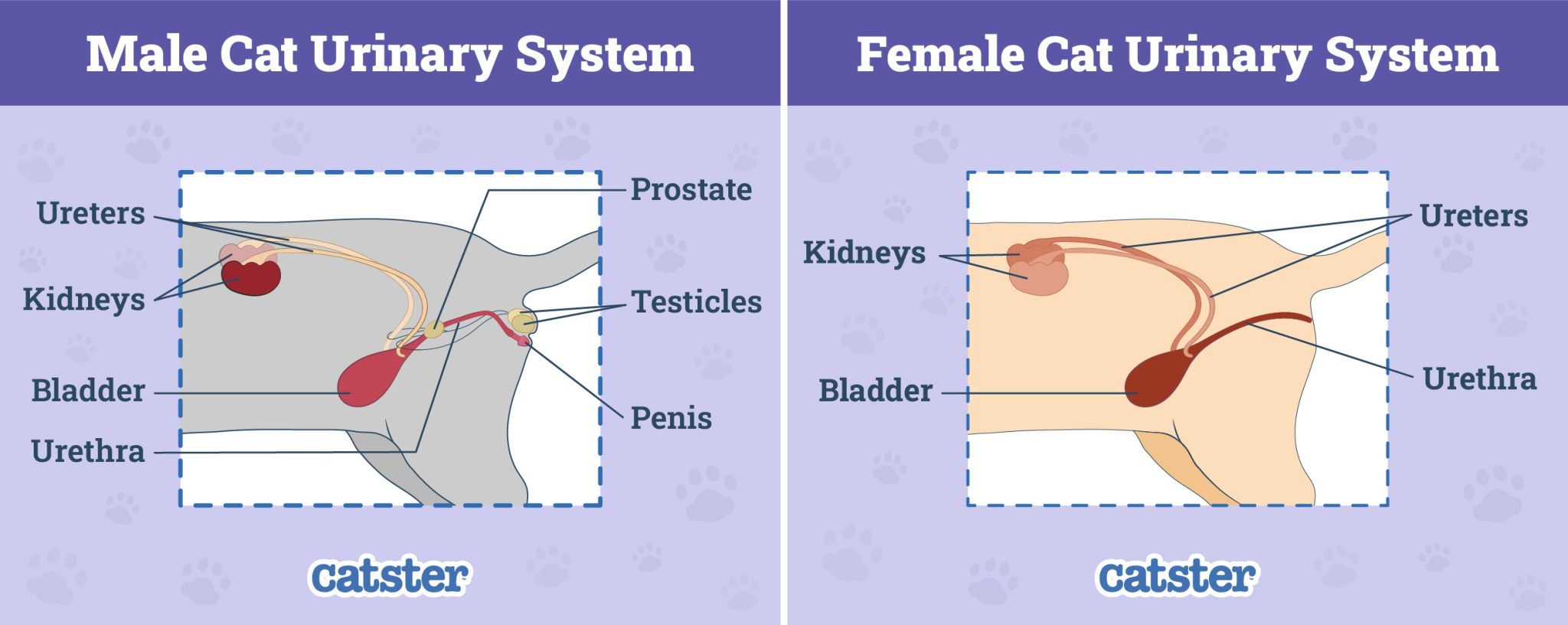
What Are the Signs of Feline Idiopathic Cystitis?
Because FIC is an exclusionary diagnosis, signs of it can vary from cat to cat. The following are some signs that cats might show if they have FIC:
- Bladder stones
- UTIs
- Blood in urine
- Urinating more frequently
- Urinating outside of the litter box
- Pain while urinating
- Straining to urinate
- Excessive licking around the genital area
- Lethargy
- Decreased appetite
- Vomiting
- Diarrhea
- Changes in mood or behavior
Straining to urinate is often a serious sign because it could indicate that there is a blockage in the bladder. If untreated, this can lead to further complications that can even become fatal. So, it’s best to be safe rather than sorry and take your cat to your veterinarian right away if your cat is having difficulty urinating.
Is your cat presenting any of these signs? We suggest you speak with a vet online.
If you need to speak with a vet but can't get to one, head over to PangoVet. It's an online service where you can talk to a vet online and get the advice you need for your pet — all at an affordable price!

What Are the Causes of Feline Idiopathic Cystitis?
“Idiopathic” refers to unknown or spontaneous causes. So, the causes of FIC are untraceable. However, specific types of cats seem to be more susceptible to it than others. FIC is more prevalent in cats less than 10 years old. It also seems to affect male cats more than female cats and cats that are overweight. Stress may also trigger FIC.
How Is Feline Idiopathic Cystitis Diagnosed?
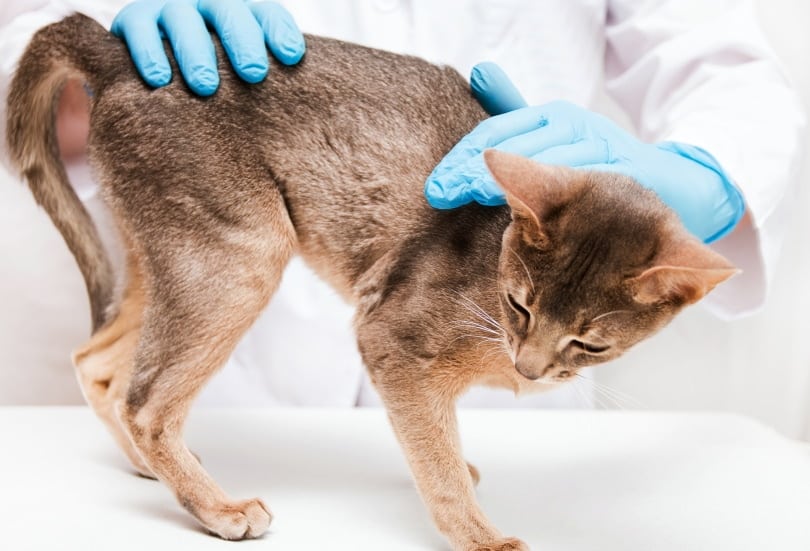
As we’ve mentioned earlier, FIC is diagnosed when veterinarians rule out all other causes. Veterinarians can run different kinds of tests to diagnose a type of FLUTD. Along with observing signs and symptoms, they can complete a urinalysis. Urinalyses are done by using a small needle to extract a urine sample from a cat’s urine. This sample is submitted to a lab and analyzed for any abnormalities. Samples with bacteria present indicate UTIs, and samples without bacteria are a step closer to an FIC diagnosis.
Veterinarians may run a more thorough test with a urine culture. A urine culture takes a urine sample and places it in an incubator to promote bacterial growth. If bacteria are present in the urine culture, they’re often tested against antibiotics to determine the best course of treatment.
Many other types of diagnostic tests can be completed to determine cases of FIC. Veterinarians can do imaging tests, like abdominal x-rays or ultrasounds. They can also conduct a urethrocystoscopy to check the bladder wall and detect any possible cases of cancer.
Because FIC can be difficult to detect, it may be worthwhile exploring pet insurance options. Veterinary care bills can rack up as FIC diagnoses can require more extensive testing. So, if your cat is in a group at risk of FIC, make sure to explore your options before your cat gets a case of FIC because pet insurance companies won’t help pay for diagnostic testing or treatment for pre-existing conditions.
How Do I Care for a Cat with Feline Idiopathic Cystitis?
Treatment for FIC depends on the severity of the episode. Because there’s no known cause for FIC, symptom management is the usual course of treatment. For example, cats may be prescribed medication to help alleviate any pain.
FIC episodes can last for days or even weeks. You can track your cat’s recovery process during this period. Since reducing stressors can help with your cat’s recovery, make sure to create a comfortable and quiet space your cat can retreat to and feel safe. If your cat’s condition deteriorates, alert your veterinarian right away.
Veterinarians may recommend making some lifestyle changes for cats to eliminate any triggers for future FIC episodes. Since there may be ties to stress and triggering FIC, it can be helpful to remove or reduce some potential stressors. This can include things like implementing a daily routine to help your cat know what to expect and prevent any anxiety. You can also switch to a fixed feeding schedule to help regulate your cat’s food intake and prevent your cat from feeling any stress about when it’ll eat its next meal.
It may also be helpful to change your cat’s diet. Prescription diets for urinary care are available, so it can be worthwhile to discuss with your veterinarian if prescription food is appropriate for your cat. You can also try adding more moisture to your cat’s food by mixing wet food or meal toppers with its dry food or completely switching over to wet food. This can help your cat stay hydrated. Adding more water bowls around your house or purchasing a cat water fountain can also encourage your cat to drink more.


Frequently Asked Questions (FAQs)
What Is the Prognosis for Feline Idiopathic Cystitis?
Cats diagnosed with FIC can have a generally positive prognosis and live a normal lifespan. Making some lifestyle changes and reducing stress may prevent recurring FIC episodes for some cats. However, in some cases, conditions can worsen and lead to bladder obstruction.
How Common is Feline Idiopathic Cystitis?
FIC is one of the most common types of FLUTD. About two-thirds of cats with FLUTD receive an FIC diagnosis. FIC can be acute or recurring. First-time cases can be resolved with or without treatment. However, about 50% of cats will get a second FIC episode within 1 year.

Conclusion
Cases of FIC can be frustrating because they have an unknown cause. However, cats can still live long and happy lives, even if they experience FIC episodes. Cat owners can help their cats manage symptoms and make lifestyle changes to reduce the risk of recurring episodes. Watching for flare-ups, reducing stressors, and being on top of routine veterinary visits can also improve treatment and daily living for many cats.
Featured Image Credit: New Africa, Shutterstock
